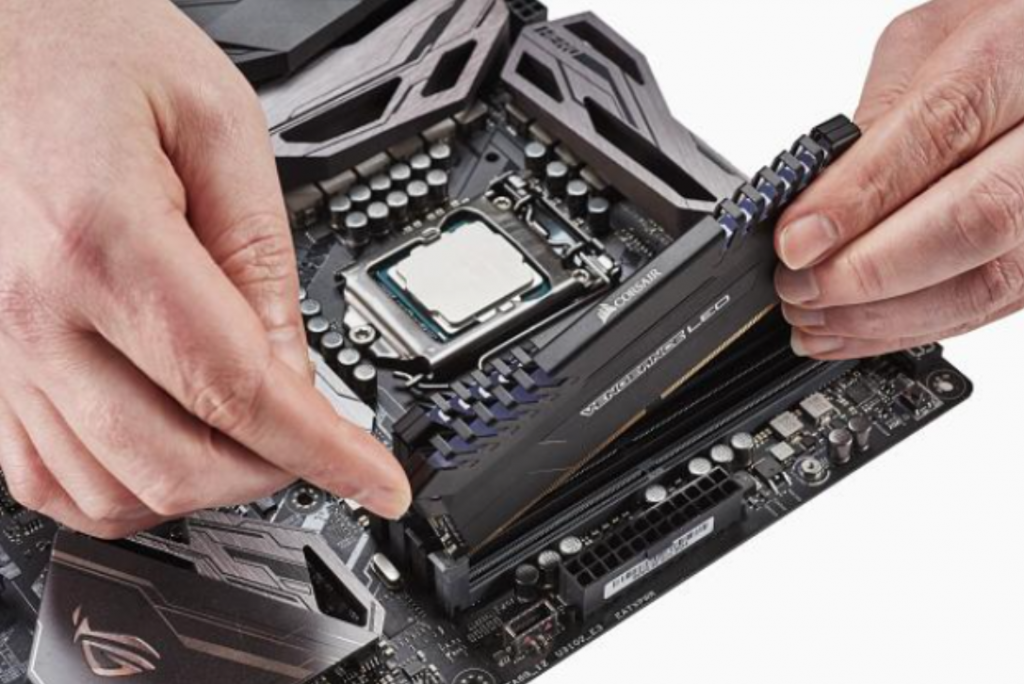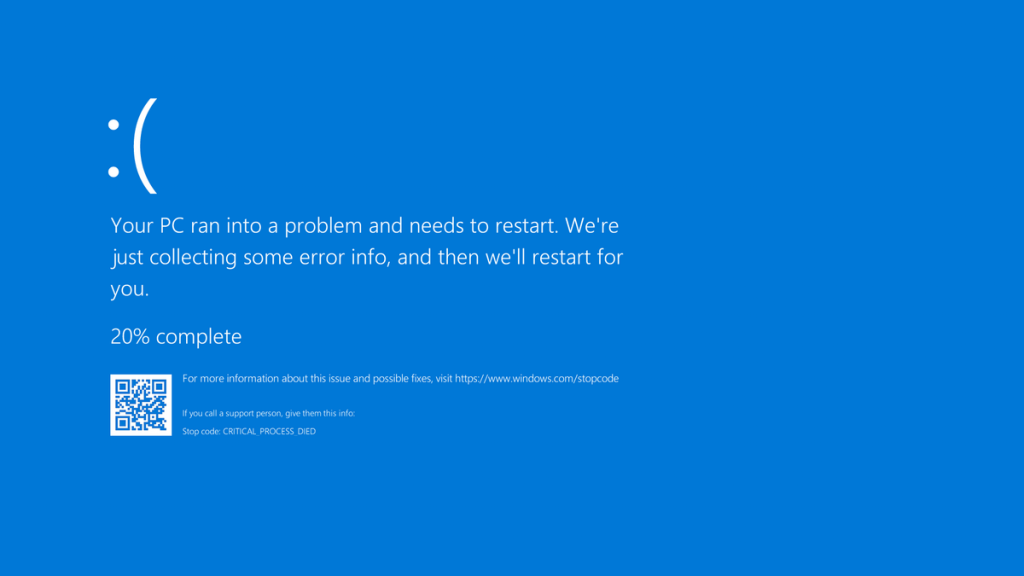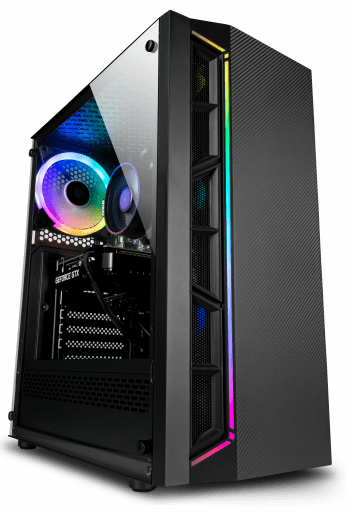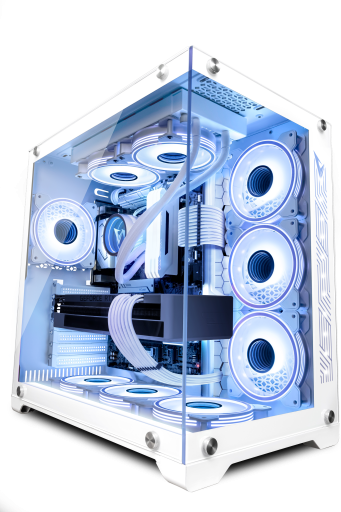In the ever-evolving world of PC gaming, there’s a perpetual debate that surfaces among enthusiasts: is it better to build your own gaming PC or purchase a prebuilt system? As with most things, each approach comes with its distinct set of advantages and drawbacks. This guide aims to compare the two options, helping you make the right choice for your gaming journey.
Building your own Gaming PC: The custom route
For those who relish the journey as much as the destination, building your own gaming PC can be a rewarding endeavour. As the architect of your gaming rig, you control every aspect, from the processing power to the aesthetics. But like any do-it-yourself project, this path requires effort, time, and a knack for problem-solving. Let’s explore the pros and cons of choosing this custom route.
Pros of building your own Gaming PC
1. Full customisation
When you choose to build your own gaming PC, you have complete control over every single component that goes into it, from the processor and graphics card to the casing and RGB lighting. This level of customisation ensures you can create a PC that precisely meets your gaming needs and preferences.
2. Value for money
Building a gaming PC can often be more cost-effective. Manufacturers typically mark up the price of prebuilt systems to cover labour and other costs. By sourcing and assembling your components, you could potentially save money or invest in better hardware for the same budget.
3. Learning experience
Building a PC is a fantastic way to learn about computer hardware and how different components interact. This knowledge can come in handy for troubleshooting or upgrading your system in the future.

Cons of building your own Gaming PC
1. Requires time and effort
Building a PC can be a time-consuming process, especially for first-timers. From researching the right components to assembling them carefully, the process demands time, patience, and attention to detail.
2. Risk of errors
There’s always a risk of errors when building a PC, like static electricity damage or incorrect installation of parts. These mistakes could lead to component failure or system instability.

Buying a prebuilt Gaming PC: The convenient choice
For many, the thrill of gaming comes purely from the experience on screen rather than the hardware powering it. If you’re one of those who’d rather dive into the game than into computer components, a prebuilt gaming PC might be your preferred route. By trading the freedom of customization for the ease of plug-and-play, you can immerse yourself in the gaming world in no time. Let’s delve into the benefits and drawbacks of this convenient choice.
Pros of buying a prebuilt Gaming PC
1. Convenience
Prebuilt PCs provide a ‘plug and play’ solution. They arrive fully assembled and often come with the operating system and necessary drivers already installed, saving you the time and effort required to build a PC yourself.
2. Pre-optimized systems
Many prebuilt gaming PCs are designed and tested by professionals to ensure optimal compatibility and performance. The components are specifically chosen to work well together, reducing the potential for bottlenecks and compatibility issues that could impact your gaming experience. This professional fine-tuning can offer an extra layer of assurance that your system will perform smoothly right out of the box.
3. Warranty and support
Prebuilt PCs usually come with a system-wide warranty, and manufacturers offer customer support for any technical issues. This can provide peace of mind, particularly for those less familiar with PC hardware troubleshooting.
Prebuilt gaming PCs also often come from manufacturers who provide advice and support for future upgrades. This can be extremely beneficial for those who may not have the technical expertise or confidence to upgrade components themselves. This means that, while you might start with a prebuilt system, you have the opportunity and support to modify and enhance your PC as your gaming requirements evolve over time.

Cons of buying a prebuilt Gaming PC
1. Higher costs
Prebuilt systems often carry a premium over self-built PCs because of labour, warranty, and other costs. This means you might get lesser hardware for the same budget compared to building your own.
2. Limited customisation
While some sites like Vibox.co.uk offer prebuilt systems that offer a degree of customisation thanks to their PC builder tools, some sites typically offer far fewer customisation options than when building your own PC. You might end up with components that you don’t particularly need, or compromises on parts that are important to you.

Conclusion: Which is best?
The choice between building your own gaming PC and buying one from one of the best custom PC builders in the UK ultimately comes down to your personal preferences, technical comfort level, and budget. If you value customisation, learning, and potentially saving some money, building your own gaming PC might be the route for you. On the other hand, if you value convenience, customer support, and a hassle-free setup, a prebuilt system could be a better fit. Whichever path you choose, the world of PC gaming awaits incredible experiences.
Check out more opinion pieces like this by clicking here.